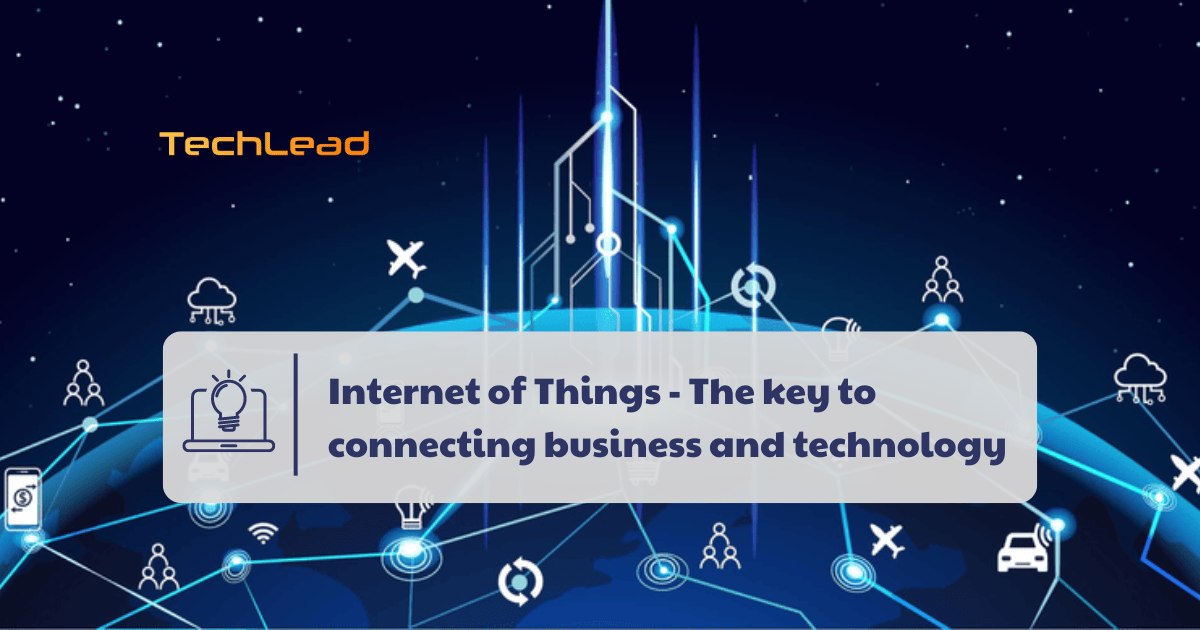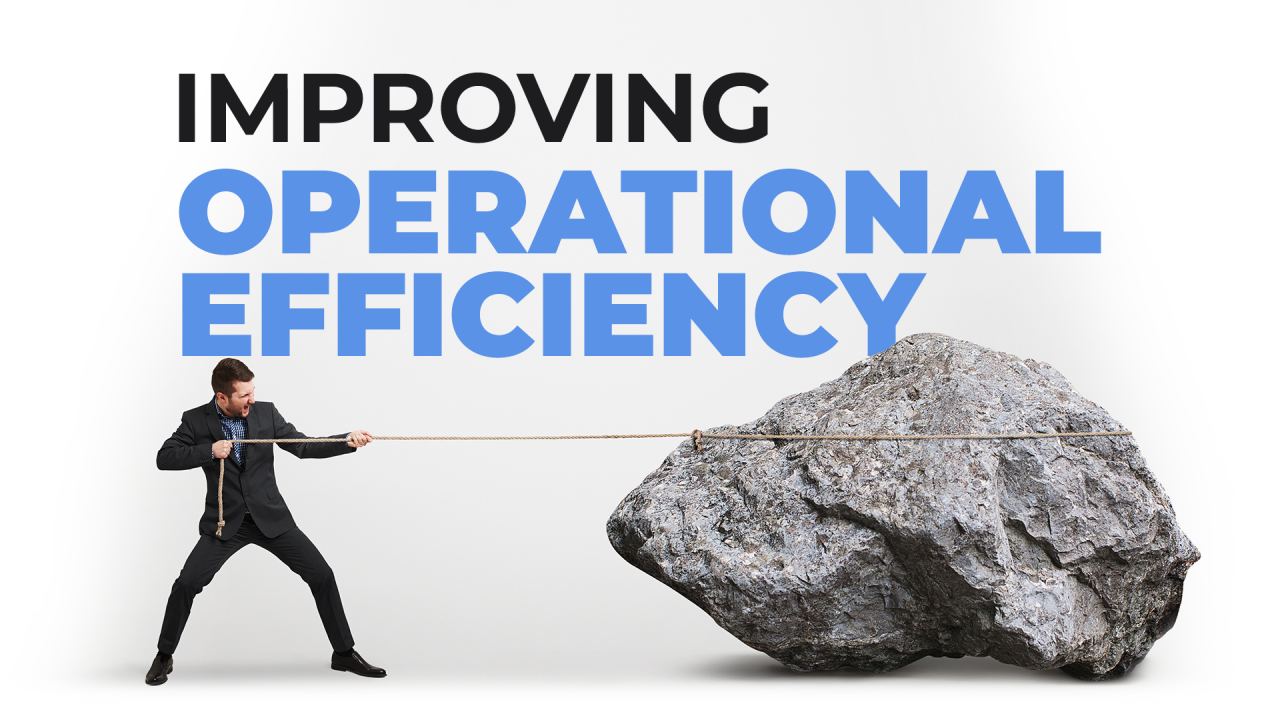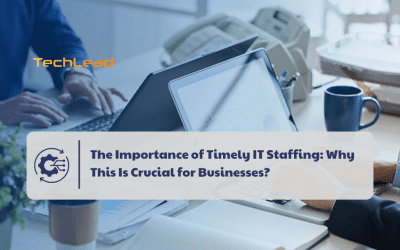In today’s digital age, the Internet of Things has become a key factor driving development and innovation in many fields. With its real-time data analysis capabilities, IoT helps businesses gain a deeper understanding of their operations, enabling them to make smarter and more strategic decisions. Therefore, IoT is considered a crucial bridge between businesses and technology in the Industry 4.0 revolution. In this article, let’s delve into how IoT can transform business operations and discuss the challenges and solutions in its implementation, as well as future development trends. The ultimate goal is to help businesses better understand the potential of IoT and encourage them to invest in this technology for sustained competitiveness and development.
What is Internet of Things?
Internet of Things (IoT) is a system of interconnected devices via the internet, allowing them to collect and exchange data. IoT extends beyond traditional electronic devices like computers or phones to include smart devices such as lighting systems, air conditioners, refrigerators, temperature sensors, and even transportation vehicles. All these devices can connect, interact, and transmit data without human intervention. The evolution of IoT has opened up many new opportunities for businesses to enhance operational efficiency, optimize processes, and provide better customer experiences.
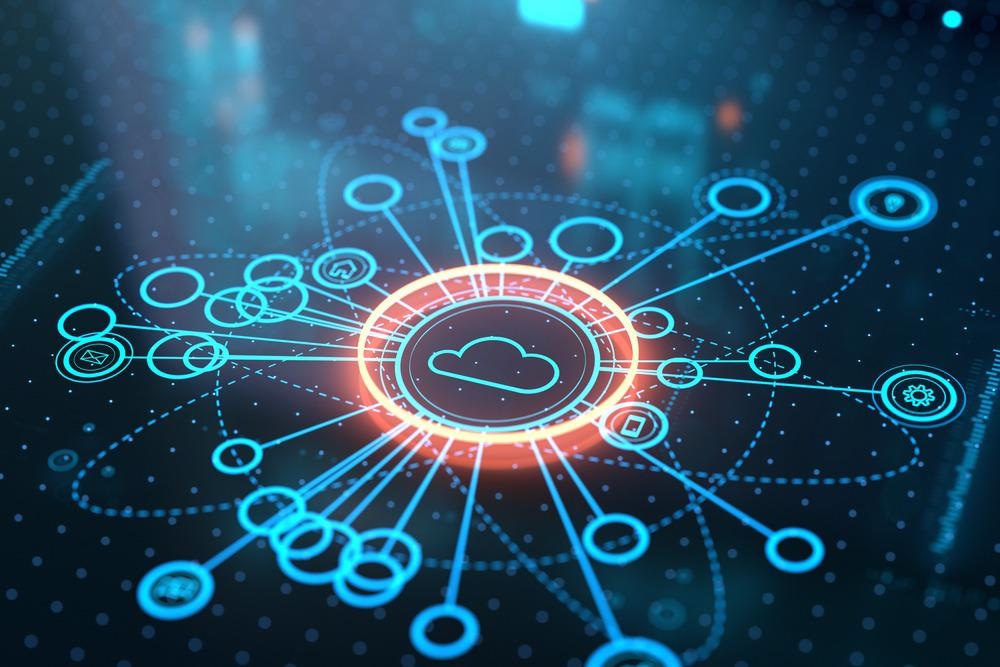
Internet of Things (Collected)
IoT comprises four basic components: devices, connectivity, data, and analytics.
-
Devices
These are the physical hardware capable of collecting data from the environment or performing specific tasks. IoT devices can be sensors measuring temperature, humidity, light, or control devices such as switches, pumps, and air conditioners.
-
Connectivity and Synchronization
This refers to the method by which IoT devices transmit collected data. These devices can connect to each other and to management systems through network protocols such as Wi-Fi, Bluetooth, Zigbee, or cellular networks. This connectivity ensures that data can be transmitted and synchronized safely and efficiently.
-
Data
Data is the information collected and transmitted by IoT devices. This can be raw data like temperature, humidity, or processed and analyzed data. Data is the core element of IoT, allowing businesses to monitor, manage, and optimize their operations.
-
Analytics
Data analytics is the process of processing and interpreting collected data to provide useful insights. Analytical tools help turn raw data into reports, charts, and valuable information, thereby supporting businesses in making strategic decisions. IoT data analytics may include trend detection, predictive maintenance, and business operations optimization.
Through the combination of these components, IoT brings automation and process improvement capabilities, helping businesses operate more efficiently and respond quickly to market demands.
Applications of IoT in Business
The Internet of Things (IoT) is becoming an indispensable tool for businesses looking to enhance efficiency and competitiveness. By connecting devices and systems, IoT not only improves manufacturing and supply chain management but also enhances asset management, maintenance, and customer experience.
-
Manufacturing and Supply Chain Management
IoT plays a crucial role in monitoring and managing the manufacturing process. By using sensors and connected devices, businesses can monitor every aspect of production from raw materials to finished products. This not only reduces waste but also optimizes production efficiency. Additionally, IoT enables supply chain optimization by tracking the status and location of goods in real-time. As a result, businesses can respond quickly to supply chain fluctuations, ensuring on-time delivery and minimizing risks.
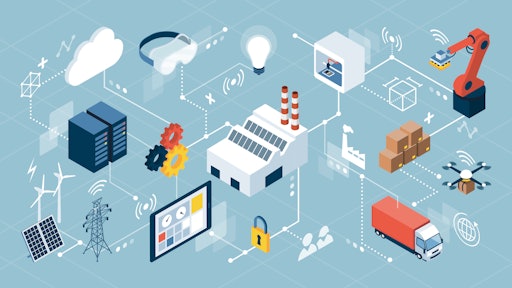
Manufacturing and Supply Chain Management (Collected)
-
Asset Management and Maintenance
One of the prominent applications of IoT is in monitoring and managing business assets. IoT devices can track the status and performance of machinery and equipment in real-time, allowing businesses to grasp the operational status of assets. More importantly, IoT supports predictive maintenance by analyzing data from sensors, enabling companies to predict and maintain equipment before failure occurs. By analyzing data from sensors, businesses can identify early warning signs and conduct regular maintenance, thereby reducing downtime and repair costs.
-
Enhancing Customer Experience
IoT is revolutionizing how businesses interact with and serve customers. Through personalized customer experiences, IoT devices help collect and analyze data on customer behavior and preferences, providing services and products tailored to individual needs. Moreover, IoT enhances customer service through devices such as chatbots and virtual assistants, helping address customer issues and queries quickly and efficiently. This not only improves customer satisfaction but also builds loyalty and trust for businesses.
-
Energy Savings and Cost Optimization

Energy Savings and Cost Optimization (Collected)
IoT provides effective solutions in energy management and operational cost reduction. Smart energy management systems based on IoT can monitor and adjust energy consumption in real-time, reducing waste and optimizing energy usage. Energy-saving solutions through IoT not only help businesses save costs but also contribute to environmental protection, enhancing the image and social responsibility of the business.
IoT is not just an advanced technology but also a key to connecting businesses with technology, enhancing efficiency, and improving customer experience. With monitoring, management, and optimization capabilities, IoT is opening up new opportunities and helping businesses address the challenges of the digital age.
Benefits of IoT for Businesses
The Internet of Things (IoT) has become an indispensable tool for businesses looking to optimize efficiency and enhance competitiveness. By connecting devices and systems via the internet, IoT not only brings benefits in increasing operational efficiency but also improves business decision-making and creates significant competitive advantages.
-
Enhancing Operational Efficiency
Enhancing Operational Efficiency (Collected)
Automating workflows and minimizing errors is one of the most evident benefits that IoT brings to businesses. By connecting and controlling devices through the internet, industrial processes can be automated without human intervention. This not only reduces errors caused by human factors but also enhances efficiency and saves time and resources.
-
Improving Business Decision-Making
Utilizing data collected from IoT, businesses can make more accurate and faster business decisions. Through real-time data analysis, businesses can gain a deeper understanding of their operations and the market, thereby adjusting and improving business strategies flexibly.
-
Increasing Competitive Advantage

Increasing Competitive Advantage (Collected)
Ultimately, IoT is not just a useful tool for optimizing internal processes but also a crucial factor in helping businesses gain a competitive advantage. By using IoT to monitor and quickly respond to market changes, businesses can innovate and be creative in their products and services, thereby enhancing their competitiveness and achieving success in the market.
In conclusion, IoT is not just a new technology trend but also a powerful tool that helps businesses enhance operational efficiency, improve business decision-making, and increase competitive advantage.
Challenges and Solutions in Implementing IoT in Enterprises
The adoption of Internet of Things (IoT) has undeniably become an indispensable part of businesses’ development strategies. However, implementing IoT is not always straightforward. There are numerous challenges that enterprises must confront, including issues related to security and privacy, complexity in deployment, and initial investment costs.
-
Security and Privacy Challenges
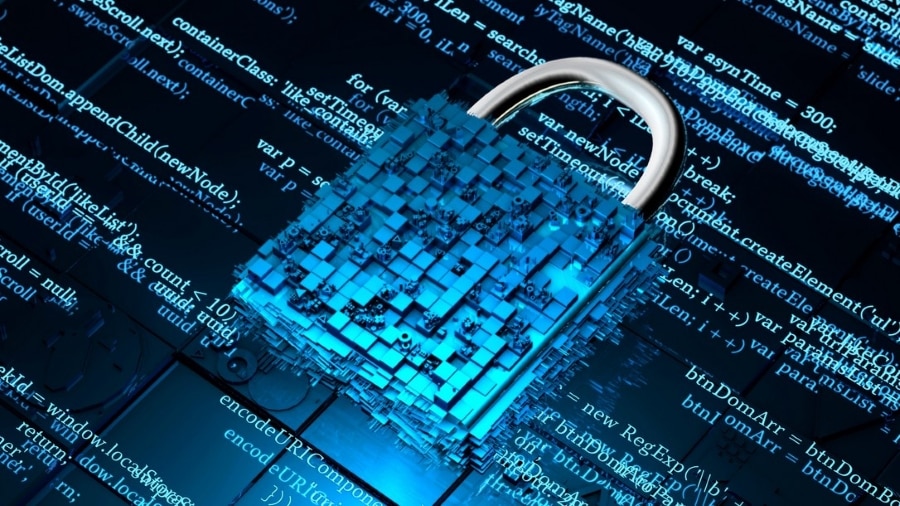
Security and Privacy Challenges (Collected)
Alongside the connectivity of billions of devices, IoT brings inherent threats to security and privacy. IoT devices often possess security vulnerabilities, which can serve as gateways for hackers to infiltrate systems. Furthermore, the collection and processing of data from these devices can pose privacy concerns for users.
-
Data Protection and Information Security Solutions
To address these threats, enterprises need to establish robust security measures, including data encryption, two-factor authentication, and continuous system monitoring. They also need to comply with privacy regulations and safeguard user data, such as GDPR in Europe or CCPA in the US.
-
Complexity in Deployment
Integrating IoT into existing systems often encounters significant challenges. Existing systems typically have their own technical infrastructures and workflows, and synchronizing them with new IoT devices can be highly complex.
-
Steps and Strategies for Effective IoT Deployment
To overcome this challenge, enterprises need to have a detailed and flexible deployment plan. This involves clearly defining business goals and requirements, selecting suitable devices and platforms, and ensuring that employees are adequately trained in the use and security of IoT devices.
-
Costs and Initial Investment

Costs and Initial Investment (Collected)
While implementing IoT may require significant initial investment, its long-term benefits can outweigh the initial costs. Enterprises can save operational costs, enhance productivity, and create new business opportunities by utilizing data from IoT devices.
While deploying IoT may face many challenges, with a well-planned deployment strategy and effective security measures, enterprises can harness the substantial benefits that IoT offers.
The Future of IoT in Enterprises
With its ability to connect smart devices and gather data from the surrounding environment, IoT has and continues to create new opportunities and reshape the way businesses operate in the future.
In the future, IoT is predicted to continue to grow and diversify, with the proliferation of smart devices and interconnected networks. Some prominent trends include:
-
Enhanced Security
With the increasing number of connected devices, protecting data and personal information becomes more critical than ever.
-
Development of 5G Technology
5G will open doors for deploying IoT applications with faster transmission speeds and lower latency.
-
Integration of AI and IoT (AIoT)
The integration of artificial intelligence and IoT will create smarter applications and enhance automation capabilities.
Potential Applications of IoT in Various Fields
- Industry and Manufacturing: IoT can optimize manufacturing processes, minimize waste, and enhance workplace safety.
- Healthcare: Smart medical devices can remotely monitor patients’ health and provide data to healthcare service providers.
- Smart Agriculture: IoT can be used to monitor and manage agricultural processes, from irrigation management to monitoring crop health.
The integration of IoT into enterprises will bring significant changes to how they operate. Companies will have the ability to collect and analyze data from a variety of sources, thereby generating valuable insights to support business decisions. Automating processes will enhance efficiency and reduce errors, while providing a better experience for customers.
In the future, IoT will continue to play a crucial role in how we work and do business. Understanding the emerging trends and potential applications of IoT will help enterprises prepare for and capitalize on the new opportunities it brings, fostering competitiveness and innovation in the market.
Conclusion
In the context of the Fourth Industrial Revolution, the Internet of Things (IoT) has emerged as a crucial factor in the development of enterprises. IoT is not just a new technology but also an opportunity to enhance operational efficiency and provide value to customers and businesses alike. To harness the benefits of IoT, enterprises should integrate this technology into their business operations. By using IoT, they can create a smarter working environment, improve connections between departments, and optimize production.
TECHLEAD – Leading technology solution for you!
Hotline: 0372278262
Website: https://www.techlead.vn
Linkedin: https://www.linkedin.com/company/techlead-vn/
Email: [email protected]
Address: 4th Floor, No. 11, Nguyen Xien, Thanh Xuan, Hanoi

